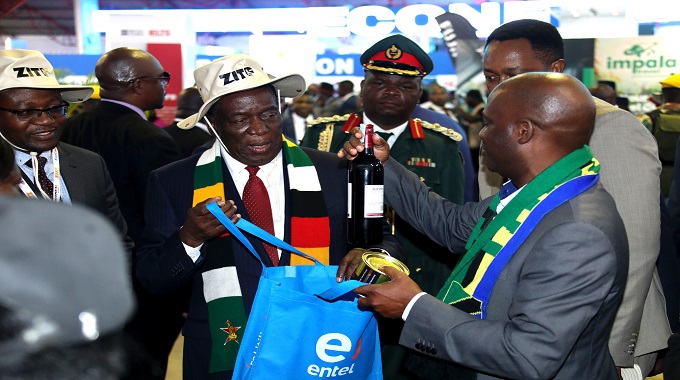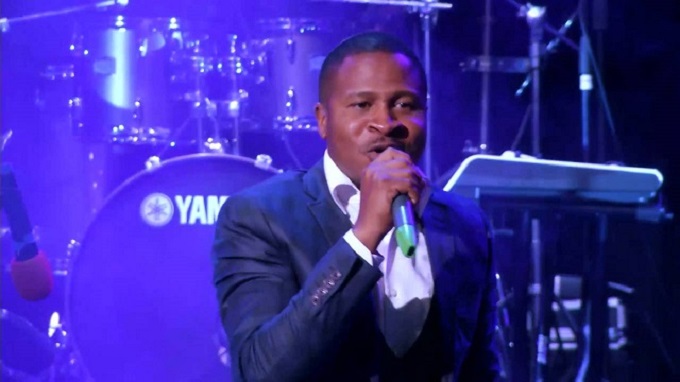SA tries to contain ‘Afrophobia’ fallout as riots upstage summit

CAPE TOWN – South Africa promised on Thursday to tackle the prejudice fuelling a wave of riots and xenophobic attacks, as growing international anger over the violence overshadowed a pan-African economic conference in Cape Town.
President Cyril Ramaphosa said at least ten people had died during a week of violence targeting foreign-owned businesses, of whom two were foreigners.
“Over the past few days our country has been deeply traumatised and troubled by acts of violence and criminality directed against foreign nationals and our own citizens,” he said in a televised address.
He had hoped the three-day World Economic Forum would serve as a shop window for his efforts to revive South Africa’s ailing economy and boost intra-African trade. But the violence, which has also led to hundreds of arrests, has all but eclipsed proceedings.
While the foreign victims’ nationalities have not been made public, the rioting, and reprisal attacks, have above all exposed tensions between the host country and Nigeria, the continent’s two biggest economies.
On Thursday Jim Ovia, chairman of Nigeria’s Zenith Bank and a co-chair of the whole Cape Town event, withdrew, citing the “hypersensitivity of the issues surrounding the lives and well-being of Nigerian citizens living in South Africa.”
Nigeria, whose vice president had boycotted the summit on Wednesday, also recalled its High Commissioner to South Africa.
South African government officials have up to now largely blamed the attacks on criminals. But Foreign Minister Naledi Pandor acknowledged some of it was being driven by “Afrophobia” – resentment of other Africans living and working there.
“There is a targeting of Africans from other parts of Africa, we can’t deny that,” she told Reuters on the sidelines of the conference.
Meanwhile, “No amount of anger, frustration and grievance can justify acts of destruction and criminality. There can be no excuse for the attacks on the homes and businesses of foreign nationals,” president Ramaphosa said
He said this in reaction to recent violence in parts of Gauteng, which have been underpinned by xenophobic elements.
Addressing the nation on Thursday evening following days of unrest owing to the looting and attacks in Gauteng as well as protest action against the rise in gender-based violence in the country, Ramaphosa said “the people from other countries on our continent stood with us in our struggle against apartheid . . . we must use the democracy we have achieved as a platform to live together in harmony”.
South Africa has experienced a wave of protests, in which communities have looted both foreign and South African-owned shops while calling for an end to drug syndicates.
Gauteng has been the hardest hit with sporadic violence occurring across all three of its big metros.
“We value our relations with other African countries and need to work to strengthen political, social and trade ties if we are to develop our economy and those of our neighbours.
“Where communities have genuine grievances, these must be addressed through engagement and dialogue,” said Ramaphosa.
He added people have lost their lives (seven in total), many have been injured while families were left traumatised and destroyed.
“But where people act with criminal intent, irrespective of their nationality, we will not hesitate to act to uphold the law and ensure order and stability.”
Ramaphosa also called for calm because now was a “time for all of us who live in this country to confront our challenges directly and earnestly, not through violence, but through dialogue”.
He asked religious leaders and communities to lead the country in prayer and contemplation yesterday, today and tomorrow.
In a related development, Somalia on Thursday called on the South African government to protect its citizens in the country as a wave of attacks targets foreigners and their businesses.
Seven people have been killed and dozens of shops destroyed in xenophobic violence in and around Johannesburg this week – a recurring trend that has often targeted Somalis.
“The Somali government is keeping an eye on the violence in South Africa where members of the Somali community, mainly traders, have been attacked and suffered both death and injury in recent years,” read a statement from the information ministry.
“The Somali government is deeply concerned about the looting and eviction of its citizens and their businesses and requests the South African government protect and guarantee the safety of the Somali citizens and their property.”
Immigrants from Nigeria as well as Somalia, Zimbabwe, Mozambique, Malawi and South Asia flock to work in South Africa, one of the continent’s premier economies.
But South Africa has seen waves of xenophobic violence as foreigners are accused of taking jobs away from South Africans, against the backdrop of increasing poverty and unemployment.
In 2008, xenophobic violence left 62 people dead, while in 2015, seven were killed in attacks in Johannesburg and Durban. – AFP










Comments